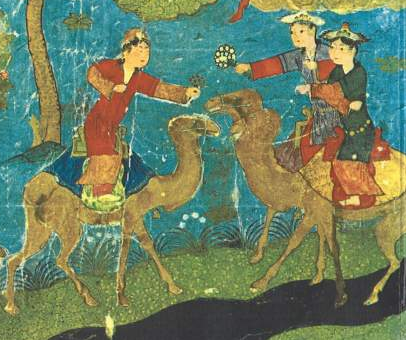Explore Jhatka, the Sikh practice of swift, humane animal slaughter, ensuring minimum pain. Learn its significance and historical context in Sikhism.
Discover the spiritual journey of Sant Pal Singh Arif, a Sikh mystic and poet from Punjab, known for his Sufi-influenced works with spiritual insights.
COMMUNAL AWARD was an official statement of British government policy in respect of the composition of provincial legislatures as a further step in the transfer of responsibility to the Indian people. The Secretary of State for India presented the terms of the Award to Parliament as command paper 4147, and they were published on 16 August 1932 under the title Communal Decision. The terms of the Award defined the methods of selection and the relative strength of representation of various "communities" in the legislatures as they were expected to be formed under provisions of a new constitution for a federation of Princely Indian states and British Indian provinces, which was being devised at the time and which was given final shape later in the Government of India Act of 1935.In effect, the Award was a political settlement worked out for the people of British India by officials in London.
Discover how Ghani Khan and Nabi Khan helped Guru Gobind Singh escape Machhivara in 1705, leading to the creation of Gurdwara Uchch da Pir in Punjab.
Explore the historical role of 'Turk' in Sikh texts, tracing Central Asian origins to its connotations of 'Muslim' and 'invader.'
Dive into the historical play 'Guru Gobinda', a tale of resistance and unity led by Guru Gobind Singh against tyranny by Harnath Bose.
Explore the historic Unity Conference of 1932 that aimed for Indian self-governance by uniting diverse communities and addressing political representation.
Discover how Guru Arjan Dev redefines the concept of Paradise, prioritizing spiritual devotion over material temptations like the allure of a houri.




